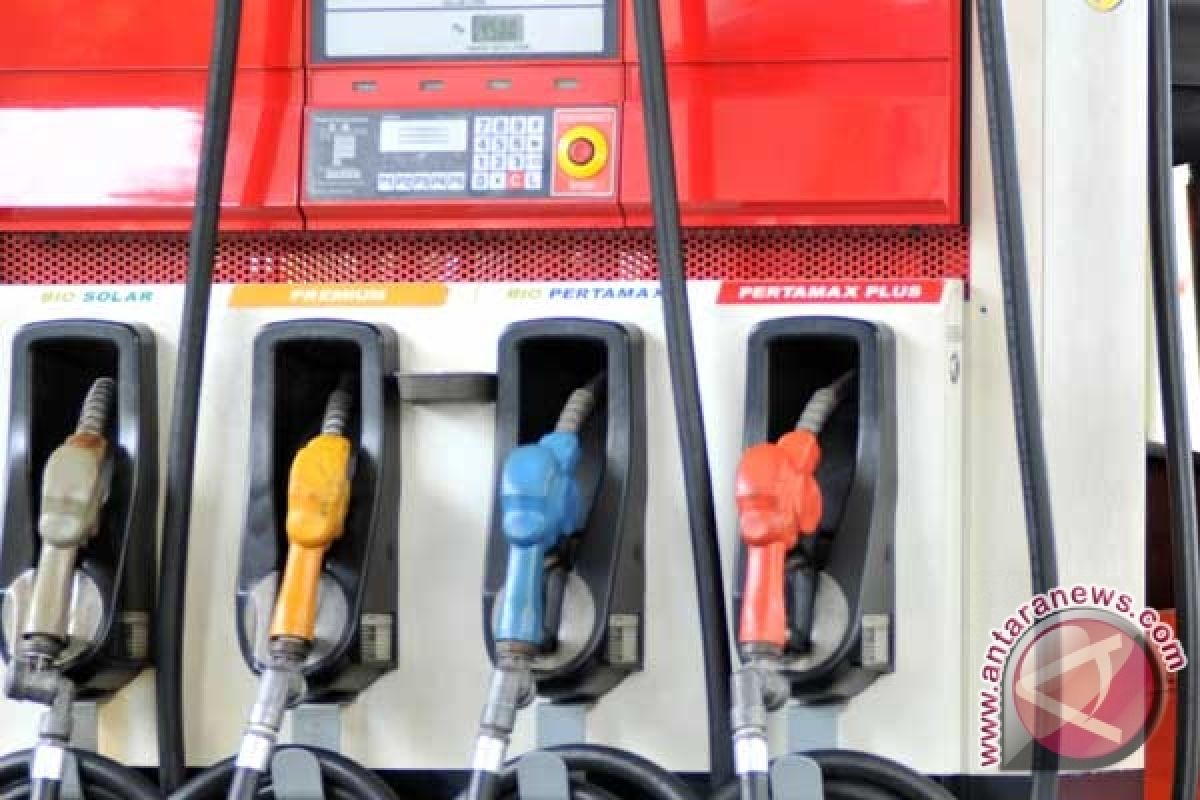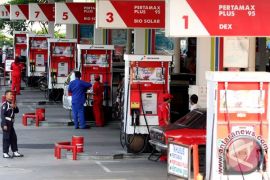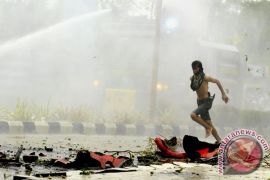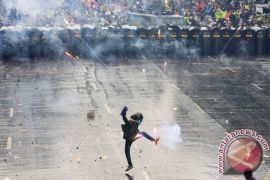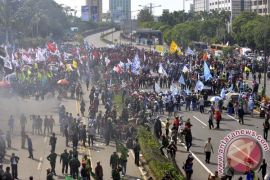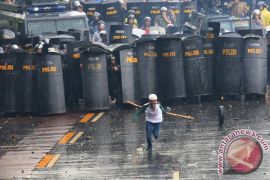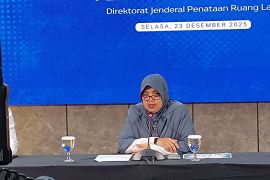The fuel price hike will affect other sectors as well, such as transport and staple food costs, as gasoline is the main factor that determines the price of consumer goods.
Several factions of society have been voicing their protests, including students from the Indonesian Christian University (UKI) who recently held a rally against government`s plan to raise the fuel price.
The rally on March 13 ended in a clash between the two sides of the students and the police personnel who were providing security.
Several other protests were also staged by other students across the nation including the hijacking of a number of gas stations of the state-owned PT Pertamina.
To deal with the situation the government, through the National Development Planning Ministry, proposed a compensation package for poor elementary and high school students.
The statement was expressed by The National Development Planning Minister, Armida Alisjahbana at the opening of the 2012 Yogyakarta city development planning meeting (Musrenbang) on March 9.
"Students from poor families will be given around 30 percent more subsidies," said the minister.
In early March, the Energy and Mineral Resources Minister Jero Wacik said that the compensation for the fuel price hike planned by the government on April 2012 was likely to concentrate on the education and economic improvement of the poor.
Jero also said that besides providing direct cash assistance (BLT) amounting to Rp150,000 per month, the government will offer compensation in educational scholarships and resilience in the food sector.
"We will focus on an additional quota of scholarships and increased quotas and raskin (rice for the poor) coverage," said Wacik.
According to Armida, subsidies will also be given in public transportation such as economy class travel by ships and trains. Public transportation will also be given duty exemption on imported spare parts.
"The compensation package is also likely to subsidize credit facilities for public transport companies who want to rejuvenate their vehicles. The government will also build gas refuelling stations for public transportation in particular locations and offer converter kits," she said.
Public transportation sector compensation
Further, the Transportation Minister also mentioned that subsidy will be provided to public transportation via the Public Service Obligation (PSO) scheme.
"As compensation for rising fuel prices, we will provide subsidies for public transport, one of which is the Public Service Obligation (PSO) addition," said Transportation Minister EE Mangindaan.
According to Mangindaan, the PSO will be given to the economy class transportation of both goods and passengers, including buses, trains, ferries etc.
Meanwhile, the Director General of Land Transportation of the Transportation Ministry Suroyo Alimoeso said the government will spend a total of Rp4.8 trillion in the transportation PSO.
The details of the PSO distribution will be provided to 22 state-owned shipping companies. PSO subsidy for marine transportation that serves 67 routes is valued at Rp71.5 billion, PSO subsidy for Lake and River Transport shipping (ASDP) on 134 tracks is valued at Rp41 billion and PSO subsidy for buses is valued at Rp5 billion.
Besides, the government also plans to provide subsidies for public transportation on land, which is still being discussed with the Finance Ministry, where the government would provide subsidies for tires and spare parts worth a total of Rp1, 87 trillion, said Suroyo.
The government will also offer reimbursement for motor vehicle tax (PKB) amounting to Rp1 trillion, the report for which is expected from the Interior Ministry, said Suroyo.
The government also has plans to subsidize loan interest for the procurement of public transport with a total amount of Rp1.76 trillion for loan interest exemption, said Suroyo.
The various compensation packages offered in anticipation of the fuel price hike is expected to satisfy both the government and citizen's demands. It is also expected to not affect the national economy now and in the future.
(T.A050/KR-BSR/INE/O001)
Reporter: Ageng Wibowo
Editor: Priyambodo RH
Copyright © ANTARA 2012
